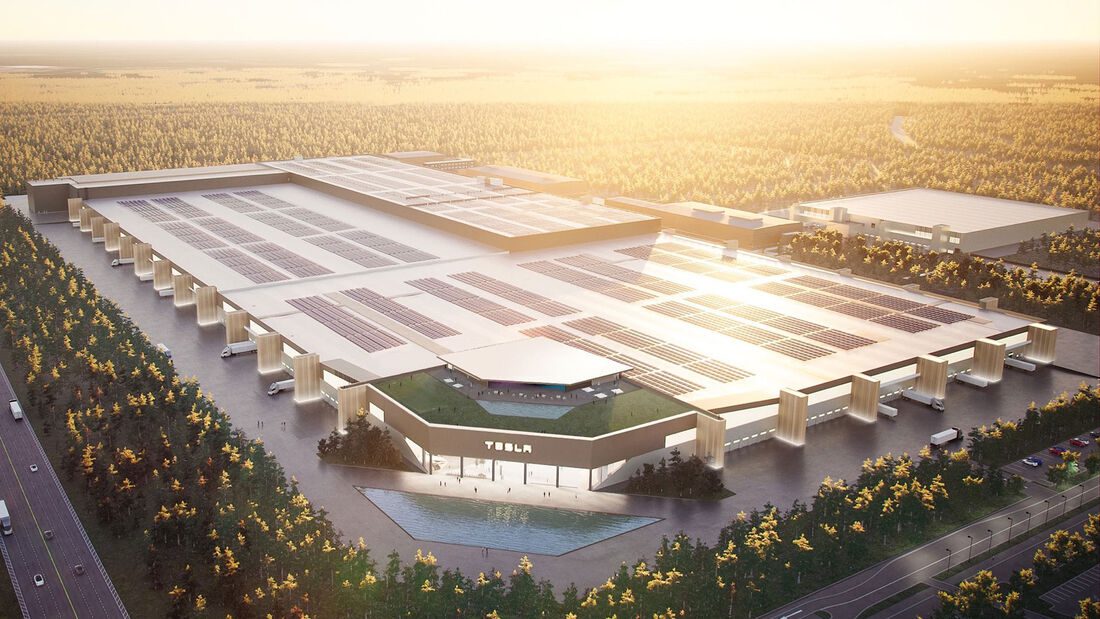A new Tesla factory for electric vehicles outside Berlin, Germany, has run into multiple delays, reports the Wall Street Journal. Originally planned to open in the summer of 2021, the manufacturing plant is tentatively scheduled to roll out its first vehicle in March.
The delays for the factory’s opening are tied to environmental challenges. In December, Reuters reported that one reason for the delay was a change in Tesla’s plans for the factory. The addition of plans to manufacture batteries on site forced a “renewed process of public consultation” regarding the environmental impact of the plant.
The addition of battery manufacturing has led to modifications in the estimates of how much toxic chemicals the plant will be generating. In a report from February 9th, German news site rbb24.de explains that Tesla has made repeated adjustments to those estimates. Environmental regulations mandate that a manufacturer specify what quantities could leak in the event of an accident.
Tesla has also been challenged in court over its estimated consumption of water for the manufacturing plant. According to a report from insideevs.com, the lawsuits claim that some necessary water-supply tests are missing in Tesla’s water permit application. The water-supply challenge, which has accompanied the project from the start, is still pending in an administrative court.
Once Tesla obtains final approval to open the factory, it plans to roll out 500,000 vehicles per year. Another report from insideevs.com explains that the Model Ys produced at the Berlin plant would replace the ones that are currently imported from China for sale on the European market.






